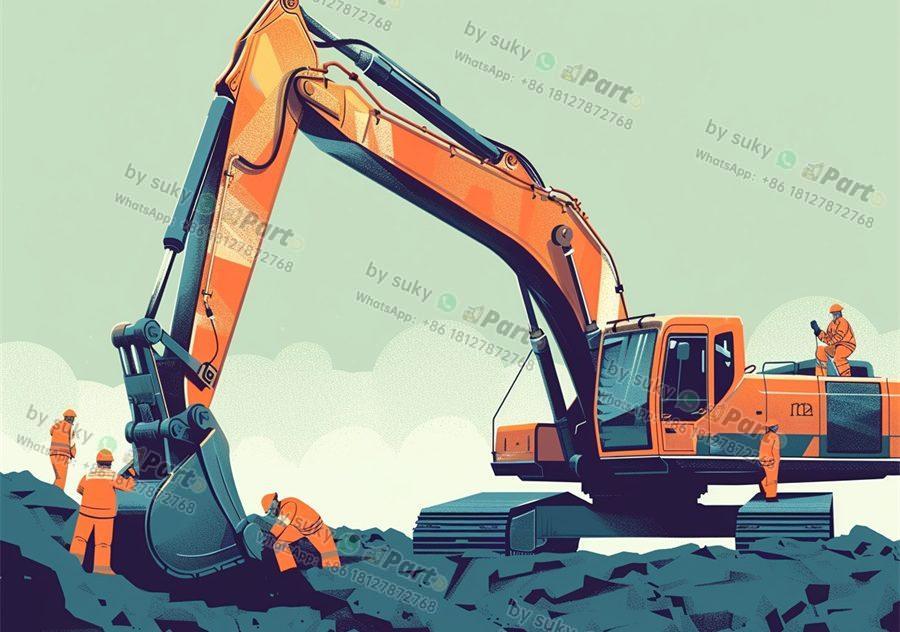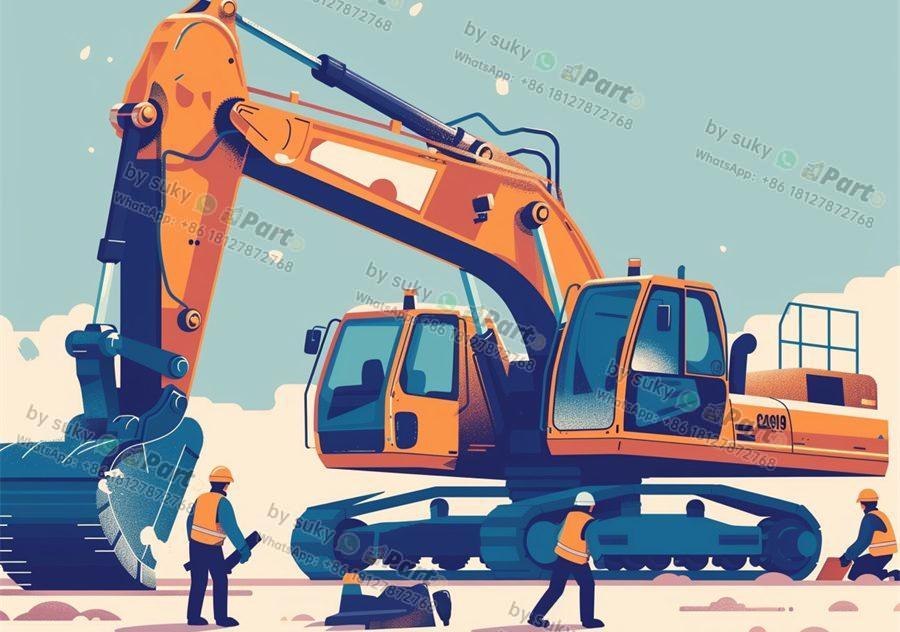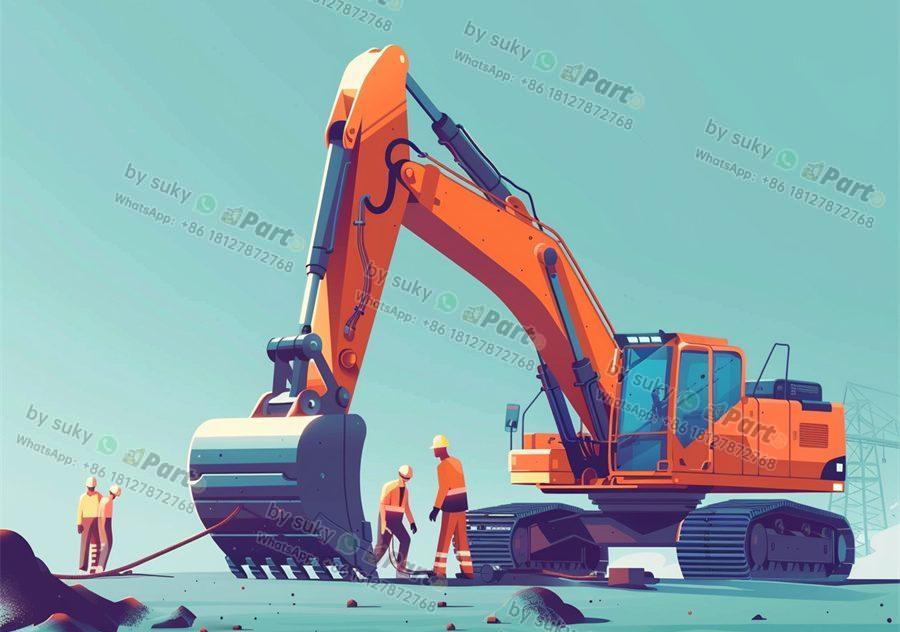When it comes to Volvo excavators, having access to high-quality spare parts is crucial for maintaining optimal performance and minimizing downtime. As an importer or distributor of construction vehicle parts, it’s important to source reliable and durable components to meet the needs of your customers. In this article, we will explore the importance of genuine Volvo excavator spare parts and how you can ensure that you are providing the best products to your clients.
One of the key advantages of using genuine Volvo excavator spare parts is the assurance of quality. Genuine parts are designed and manufactured to the highest standards, ensuring compatibility and optimal performance with Volvo excavators. These parts undergo rigorous testing and quality control measures to meet Volvo’s strict specifications, providing peace of mind to both you and your customers. By offering genuine Volvo spare parts, you can guarantee the longevity and reliability of the excavators your clients rely on for their projects.
In addition to quality, using genuine Volvo excavator spare parts can also lead to cost savings in the long run. While non-genuine parts may initially seem more affordable, they often lack the durability and precision of genuine parts. This can result in frequent replacements and repairs, ultimately costing more time and money for both you and your customers. By investing in genuine Volvo spare parts, you can help prevent unexpected breakdowns and costly repairs, leading to greater customer satisfaction and loyalty.
As an importer or distributor of Volvo excavator spare parts, it’s important to establish strong partnerships with reputable suppliers. Look for suppliers that have a proven track record of providing genuine Volvo spare parts and have a reliable distribution network. By partnering with trusted suppliers, you can ensure a steady supply of high-quality parts to meet the demands of your clients. Building strong relationships with suppliers can also lead to valuable insights and support, helping you stay ahead of market trends and customer needs.
In conclusion, sourcing genuine Volvo excavator spare parts is essential for importers and distributors in the construction vehicle industry. By offering quality parts that are designed to work seamlessly with Volvo excavators, you can enhance customer satisfaction, reduce downtime, and ultimately drive business growth. Partnering with reputable suppliers and prioritizing quality can set you apart in a competitive market, gaining the trust and loyalty of your clients. Remember, when it comes to Volvo excavator spare parts, quality always trumps cost.








